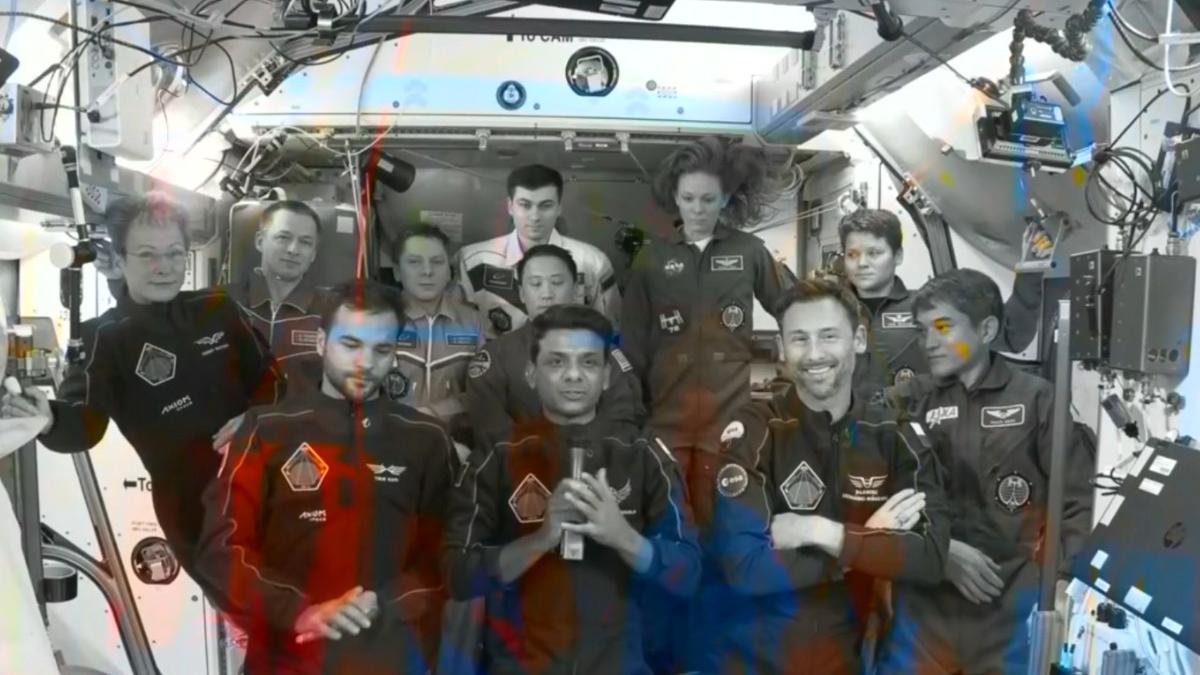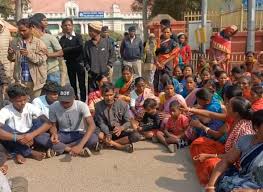India’s second spacefarer, astronaut Shubhanshu “Shux” Shukla, echoed the historic words of Rakesh Sharma as he wrapped up an inspiring 18-day mission aboard the International Space Station (ISS), declaring that today’s India still looks “saare jahan se accha” from orbit. Shukla, who lifted off on June 25 as part of the four-member Axiom-4 (Ax-4) private space mission, is the first Indian to visit the ISS and only the second Indian in history to go to space.
At a formal farewell ceremony on Sunday onboard the ISS, an emotional Shukla said, “Aaj ka Bharat mahatvakanshi dikhta hai, nidar dikhta hai, confident dikhta hai, garv se purn dikhta hai (Today’s India looks ambitious, fearless, confident, and full of pride).” He concluded with the iconic phrase: “Saare jahan se accha.”
The Ax-4 mission, commanded by veteran astronaut Peggy Whitson, also included European astronauts Slawosz “Suave” Uznanski-Wisniewski and Tibor Kapu. The crew launched from Florida on a SpaceX Falcon 9 and docked with the ISS on June 26. Shukla is scheduled to return to Earth on Tuesday, July 15, with splashdown off the coast of California at around 3:00 PM IST. The crew will then undergo a week-long rehabilitation to readjust to Earth’s gravity after experiencing microgravity during the mission.
During his stay, Shukla participated in critical scientific experiments designed to advance space sustainability and astronaut health. He deployed and managed microalgae experiments, which explore the potential of algae to provide oxygen, food, and biofuels for long-duration space missions. The robust nature of microalgae could play a pivotal role in supporting human life on future deep-space journeys.
In addition to biological research, Shukla contributed to cognitive and physiological studies such as the Acquired Equivalence Test (measuring adaptability and learning in space), the PhotonGrav study (monitoring brain activity for neuroadaptive tech), and the Cerebral Blood Flow experiment (understanding cardiovascular responses to microgravity and elevated CO₂ levels). These studies aim to improve astronaut safety and also provide data that may benefit medical treatments on Earth.
Radiation exposure was tracked using NASA’s compact Rad Nano Dosimeter, and Shukla also worked on exercise physiology and spacesuit maintenance — essential elements for long-term missions in space.
The mission marks a major milestone for India, especially as ISRO prepares for its indigenous human spaceflight mission, Gaganyaan, slated for launch in 2027. India reportedly invested ₹550 crore for Shukla’s participation in the Axiom-4 mission. His journey not only symbolizes India’s growing stature in global space exploration but also provides valuable data and experience to support the nation's upcoming human space programs.
As Shukla prepared to board the Dragon spacecraft for re-entry, he expressed gratitude to the Expedition 73 crew and reflected on the emotional bonds formed during the mission. “I didn’t imagine all of this when I started on the Falcon-9. It has been incredible because of the people,” he said.
From orbit, Shukla gave India a view not just of its geography but of its spirit — ambitious, evolving, and unshakably proud.


.jpg)
.jpg)
.jpg)
.jpg)

